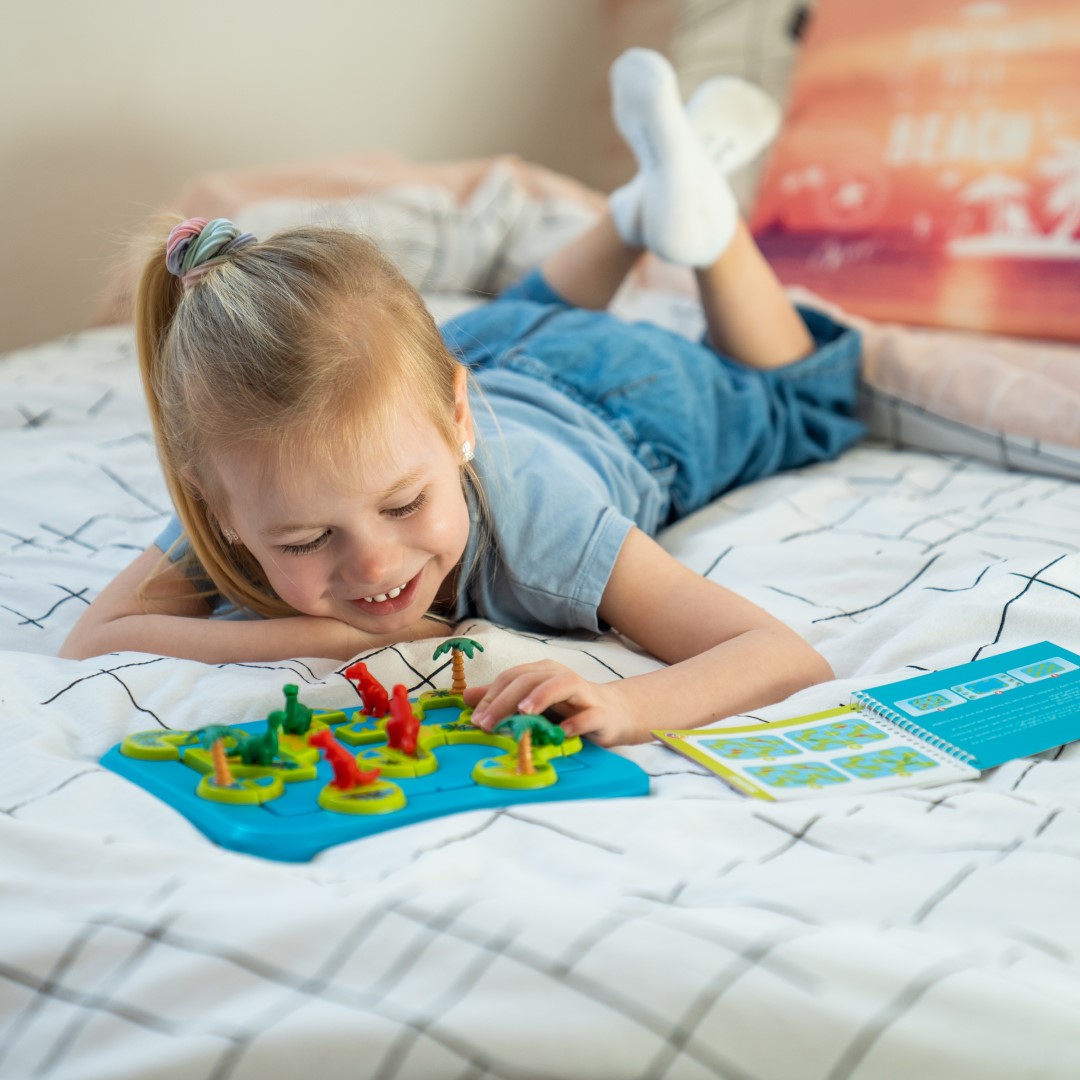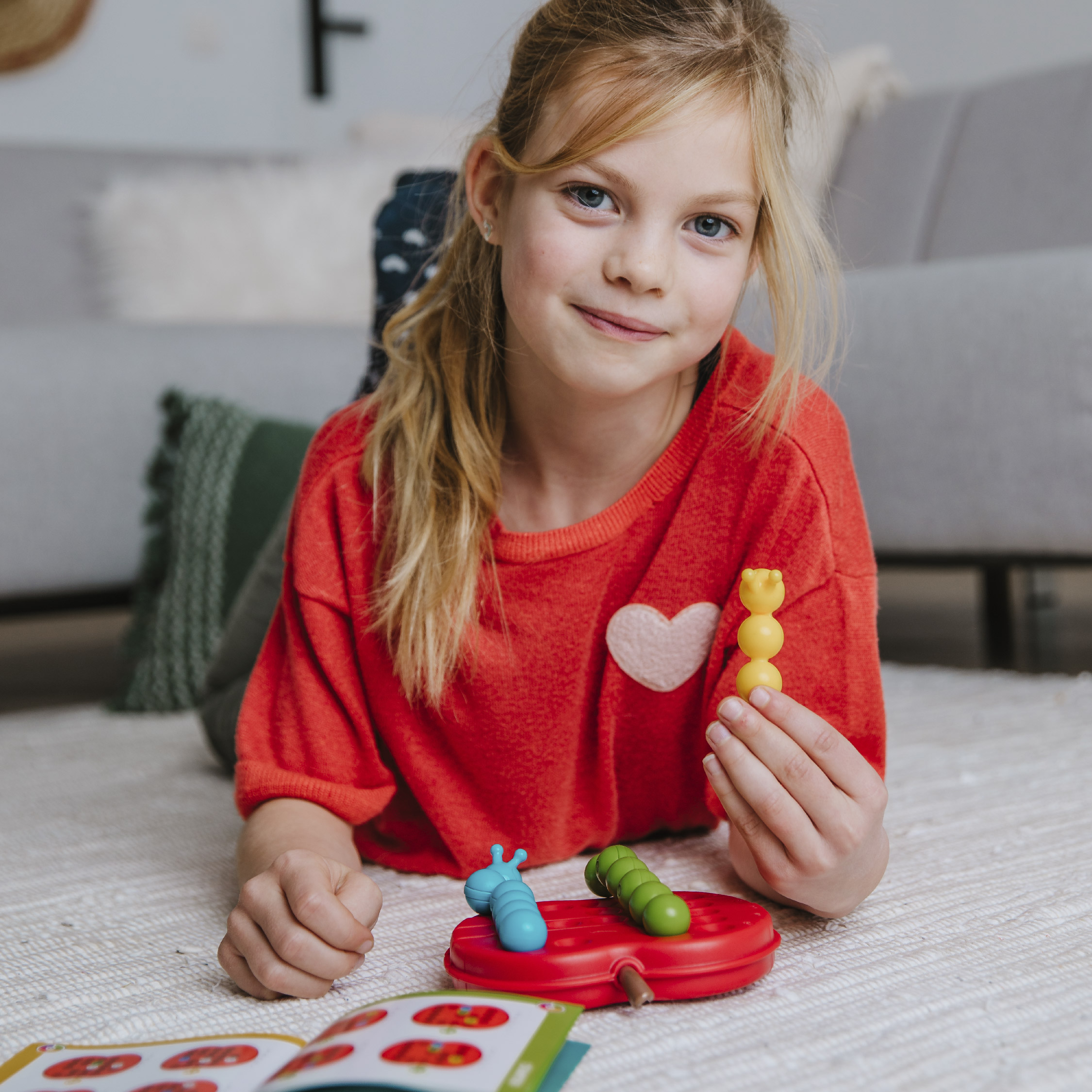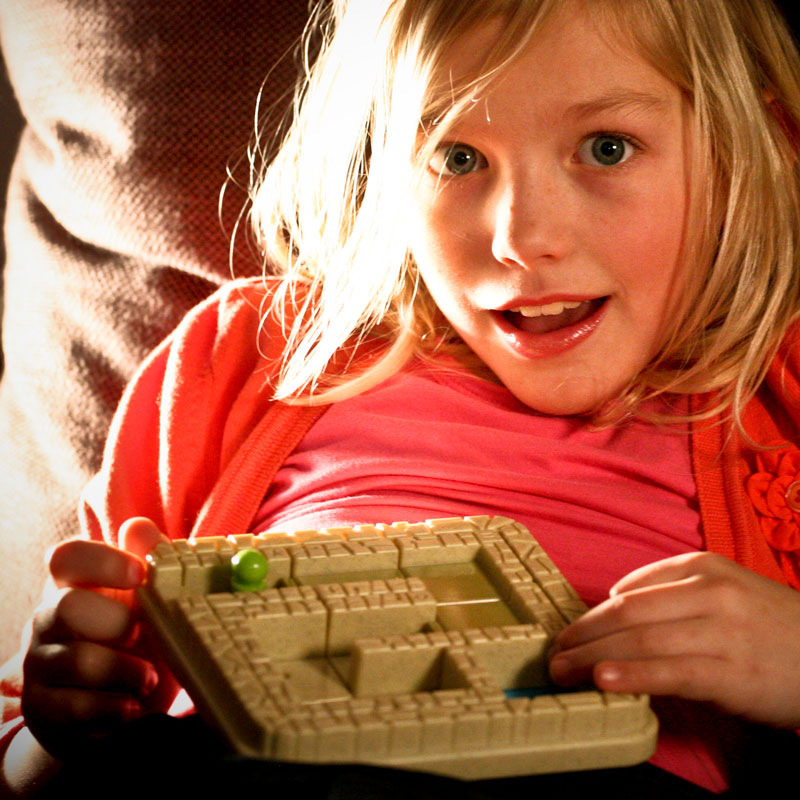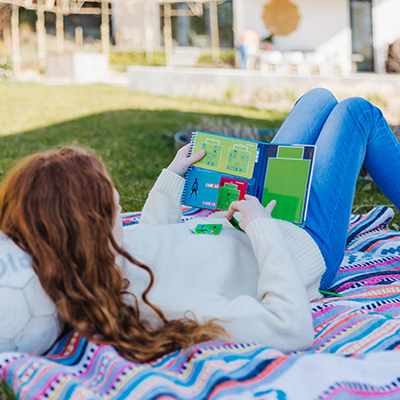New Year’s Resolutions: Train your Brain
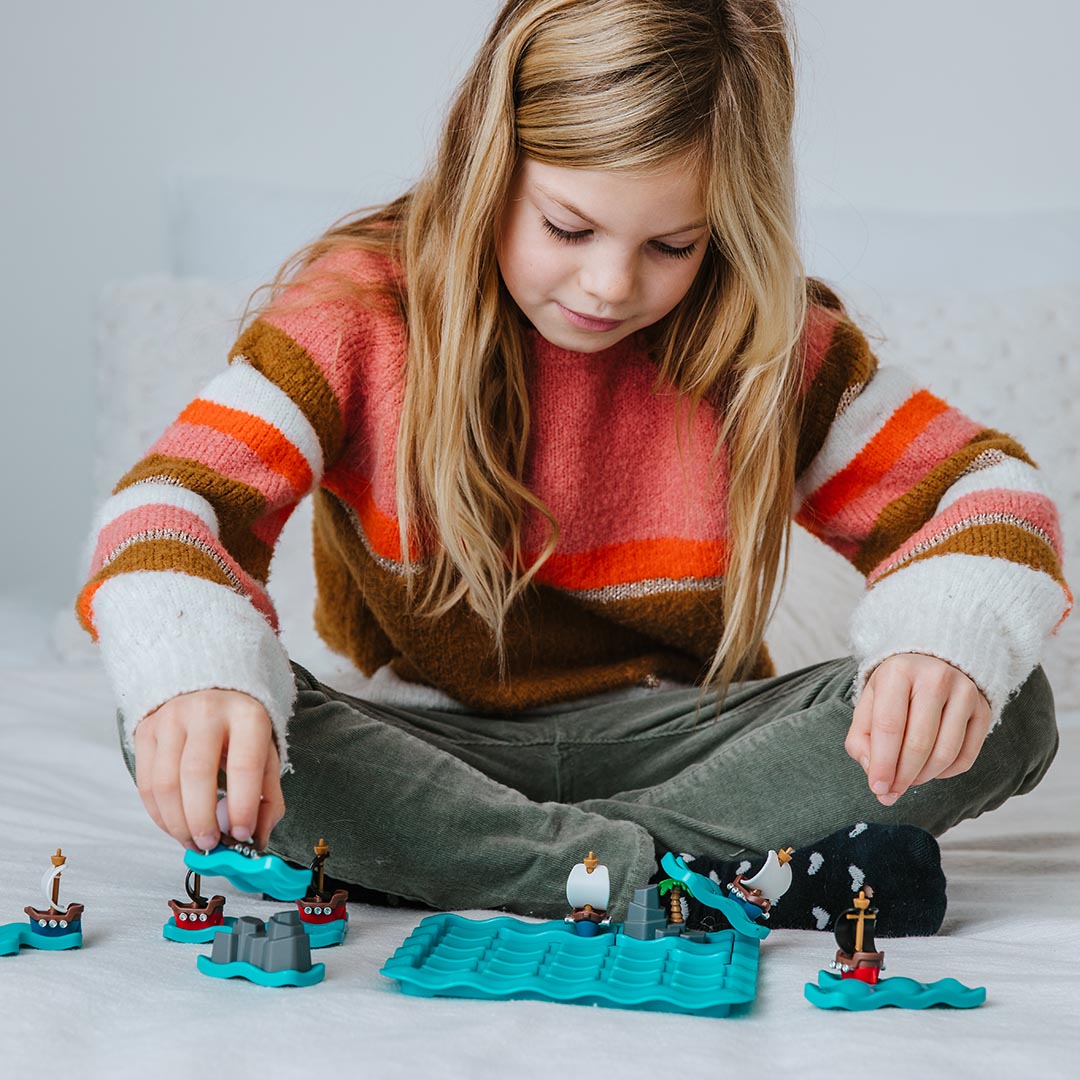
aspirational thoughts and behaviour? These events make us critically reflect on where we are and where we want to go in life. This explains why so many people have New Year’s resolutions at the end or start of the year. Maybe one of your resolutions is to keep your brain fit this year! We collected some tips and tricks on how to train your brain and maintain or grow your brain plasticity. And how to keep this new habit up!
Why train your brain?
Believe it or not, but your brain reaches its prime between the ages of 16 to 25. After that period, your cognitive functions start to decline. Luckily, by exercising your brain regularly with fun and challenging games, you can stay cognitively in shape. That’s why training your brain makes a great and beneficial resolution!
How to keep your brain in shape?
Make sure you find something you enjoy and that continues to challenge you. Some games or new learnings have for example various difficulty levels. Don’t stick with the easy challenges. Learning something new that requires you to think like playing an instrument, learning how to boulder, or studying a new language is great brain training. Other fun ways of keeping your brain in shape, are doing jigsaw puzzles, filling in sudokus and cross words or by playing SmartGames.
Fun SmartGames and what you train
Depending on what you would like to train or maintain, you can choose a different type of SmartGame! If you would like to practice both your spatial and your numeric skills, IQ Digits might be the game for you! You not only need to fill the gameboard, you also need to make sure all numbers add up correctly. If you want to improve your flexible thinking and planning skills (and if you have a love for boats), you might want to check out Pirates Crossfire. This game has 3 different play modes making you rethink your strategy time and time again! A classic IQ-training game is IQ Puzzler Pro. Here, you practice logics and spatial insights both in 2D and 3D. Grizzly Gears is all about thinking ahead, training memory and flexible thinking. All these games have various game mechanisms, so you get to switch mindsets when playing these different games.
How to keep it up?
Now that you have plenty of inspiration on how to train your brain, you might also want to think about how to maintain these resolutions? By making a habit out of your new hobby it will be easier to keep up the good work! On average, it takes around 21 days to form a habit, so try to hang on at least that amount of time.
More information and sources:
Harvard Health Publishing (15 February 2021). Train your brain. Harvard Health Publishing-Harvard Medical School. https://www.health.harvard.edu/mind-and-mood/train-your-brain
Sara Lindberg (7 August 2019). 13 Brain Exercises to Help Keep You Mentally Sharp. Healthline. https://www.healthline.com/health/mental-health/brain-exercises
Neuronation. What is brain training good for? Blog NeuroNation. https://blog.neuronation.com/en/what-is-brain-training-good-for/
Ross Carver-Carter (17 December). Science-Based Techniques To Keep Your New Year’s Resolutions. Atlas BioMed Blog. https://atlasbiomed.com/blog/science-based-techniques-to-keep-your-new-years-resolutions/
Hengchen Dai, Jason Riis, and Katherine L. Milkman (2013) ,"The Fresh Start Effect: Temporal Landmarks Motivate Aspirational Behavior", in NA - Advances in Consumer Research Volume 41, eds. Simona Botti and Aparna Labroo, Duluth, MN : Association for Consumer Research. https://www.acrwebsite.org/volumes/v41/acr_v41_15260.pdf
Baltes, P. et al. (1999), Lifespan Psychology: Theory and Application to Intellectual Functioning.Annual Review of Psychology 50: 471-507
Willis, S.L. et al. (2006), Long-term Effects of Cognitive Training on Everyday Functional Operations in Older Adults. JAMA, 296(23), 2805-2814






